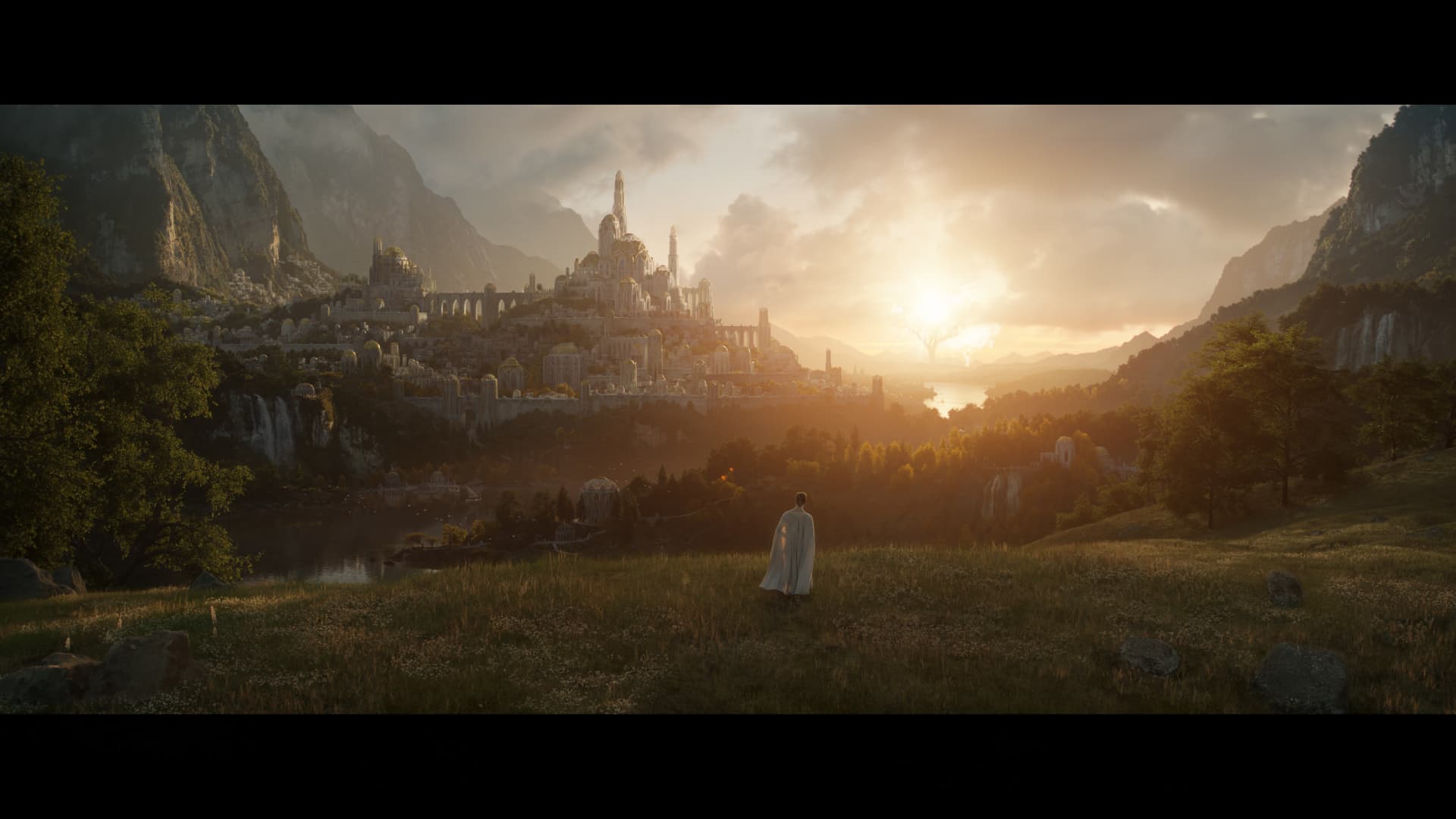At the waning of the year, looking ahead to the blaze of Christmas, I’ve been reexamining Amazon’s adventures in J.R.R. Tolkien’s Legendarium. The first season of The Rings of Power was a moral muddle, but the story was strongest when it was wrestling with two themes: time and authority.
Login to read more
Sign in or create a free account to access Subscriber-only content.
Topics:
